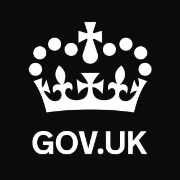Cowper’s Cut 301: Everything’s fine* (* - terms and conditions apply)

Surreal - a long watch, but utterly surreal
— Farrukh (@implausibleblog) December 11, 2023
Hugo Keith asks about the level of debate on the NHS collapsing under the strain of covid in the early days of the pandemic, and Rishi Sunak shifts this to a very long-winded answer about needing more data.
Hugo Keith again asks the… pic.twitter.com/m35Ck5HBzv
PM Rishi ‘The Brand’ Sunak’s Monday appearance at the Covid19 Public Inquiry was fascinating in a few ways. He worked fairly hard not to comment on the chaotic decision-making of his then-boss Boris Johnson, which had been widely noted by many previous witnesses.
Like Boris Johnson, The Brand claimed not to be able to obtain the WhatsApp messages from his mobile phones of that era. This is quite remarkable, because it’s really easy to do.
This will haunt Sunak. Bravo to whoever put this together.pic.twitter.com/m3z7o7sS6E
— Nick Jones 💙🇺🇦 (@resophonick) December 13, 2023
Also in the Johnson vein, Mr Sunak claimed not to remember his role in or reactions to significant chunks of events. Just as Johnson had been unable to keep his ‘humble’ persona going on the second day of his evidence, Sunak’s tetchiness came through loud and clear in his responses to the questions as the day wore on.
The internal contradiction in Sunak’s evidence on eat-out-to-help-out has belatedly been made by Hugo Keith. Which is that by definition the scheme was intended to influence citizens’ behaviour during the worst health crisis in more than a century. So it is odd that he and the…
— Robert Peston (@Peston) December 11, 2023
Sunak’s impatience, irritation and tetchiness when questioned hard or confronted will be a massive liability if he leads the Conservative And Unionist Party into the next General Election campaign.
Waits and measures
The latest RTT data saw a reduction in the overall list size: the total waiting list fell by 65,000 to 7.71 million in October. In September, it was 7.77 million.
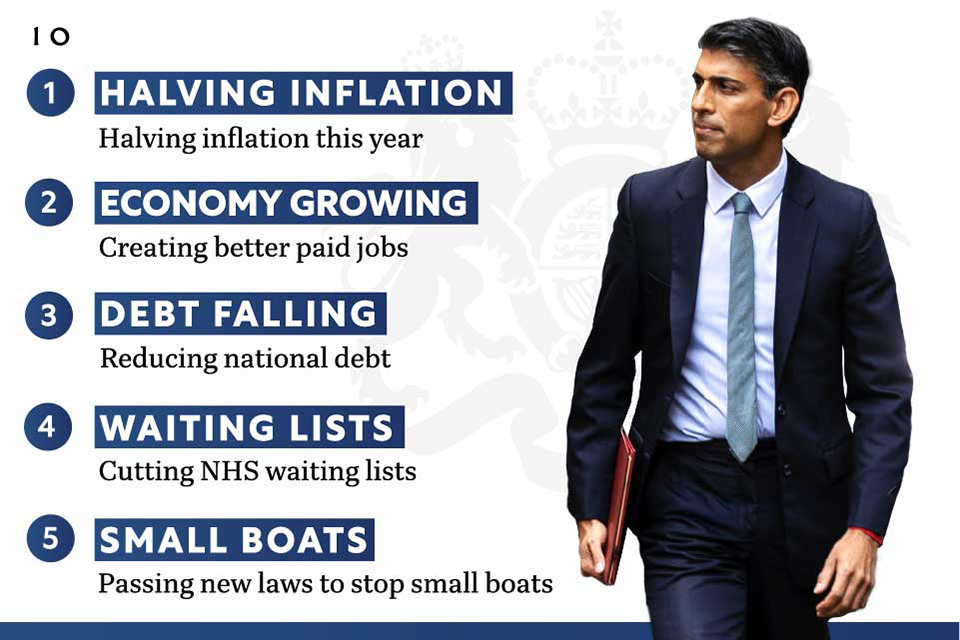
That still leaves the waiting list 490,000 higher than in January, when PM Rishi Sunak promised to cut NHS waiting lists as one of his five pledges for 2023.
Over two-year waits fell from 227 to 190; over 18-month waits rose from 10,201 to 10,506. (Both were in theory to have been eliminated by now.)
Over 15-month waits fell from 109,138 to 107,433: the theoretical target is for this to be zero in March 2024). Over 12-month waits fell from 391,122 to 377,618.
This is the first October fall in the waiting list since 2017, and the biggest since the heady days of first achieving RTT in 2008. Unfortunately the recent 'unlawful' changes to how waiting lists are counted mean the data may not be reliable. #nhswaits https://t.co/YjMsmTBHCn https://t.co/FORbpGU65T
— Rob Findlay @ Insource (@gooroohealth) December 14, 2023
Waiting list expert Dr Rob Findlay of Insource commented, “this is the first October fall in the waiting list since 2017, and the biggest since the heady days of first achieving RTT in 2008. Unfortunately the recent 'unlawful' changes to how waiting lists are counted mean the data may not be reliable”.
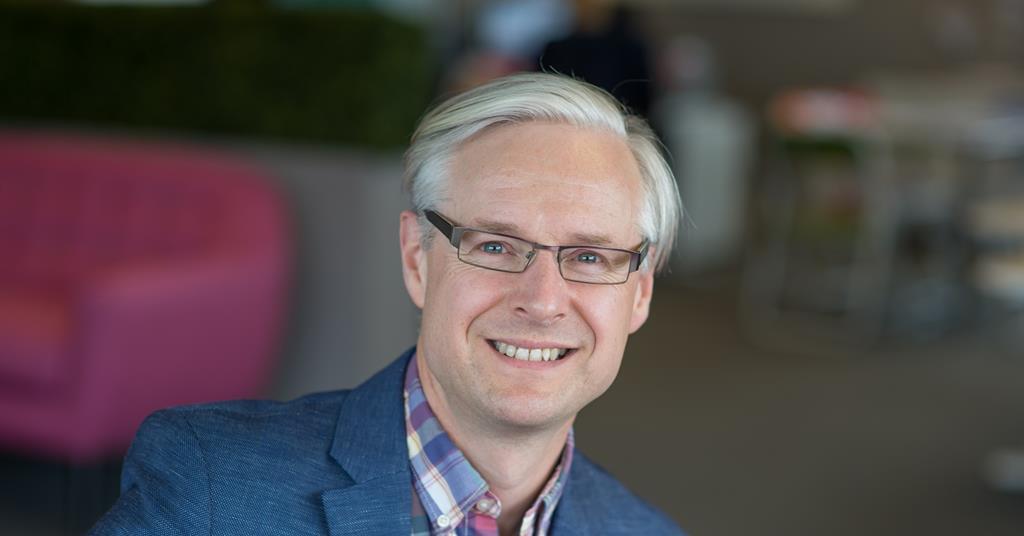
Rob explained this ‘unlawful’ change due to DHBSC/NHSE guidance in full in his piece for HSJ last month.
The headline cancer waiting time performance measures in England have been altered. The first data was released today.
— Carl Baker (@carlbaker) December 14, 2023
The charts below show how the change affects performance on the 31-day and 62-day measures. 62-day performance is slightly higher on the new definition. pic.twitter.com/gDHP1DPgas
And as Carl Baker of the House Of Commons Library noted, this was not the only statistical re-statement in the latest data.
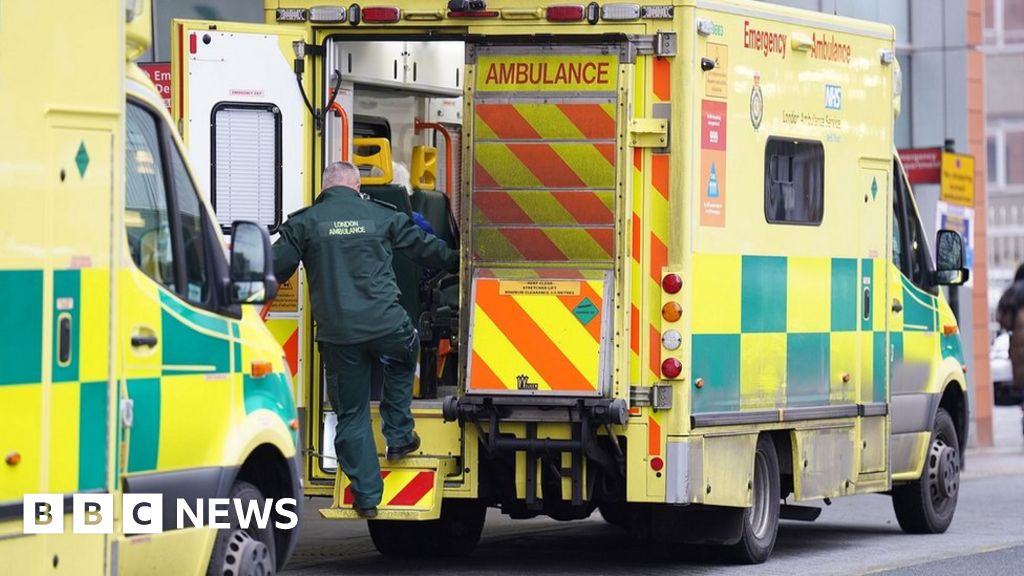
NEW: 69.1% of all A&E patients, and 55.4% of those in major departments, were seen within 4 hours in November. Both worse than last month, but up slightly from this time last year pic.twitter.com/dNAomhDDXj
— Matt Discombe (@mattdiscombe) December 14, 2023
HSJ’s Matt Discombe produced this handy chart of A&E four-hour performance, noting that “69.1% of all A&E patients, and 55.4% of those in major departments, were seen within 4 hours in November. Both worse than last month, but up slightly from this time last year”.
This one graph shows the crisis in England's NHS in a way you've never seen before.
— Channel 4 News (@Channel4News) January 18, 2023
Watch the exclusive analysis from our @FactCheck team: pic.twitter.com/GOQ3deS8tV
Channel Four News’ Fact Check team produced this rather powerful clip.
The state of the estate
To put this in context, DHSC's capital budget is £12.1bn in 2023/24, meaning the NHS would have to spend 96% of that total just to bring the *current* hospital estate up to an acceptable standard
— Stuart Hoddinott (@StuartHoddinott) December 14, 2023
The Institute For Government’s Stuart Hoddinott spotted that the latest ERIC data was also released: “the maintenance backlog grew to £11.6 billion in cash terms in 2022/23, up from £10.2 billion in 2021/22 - a 7.5% real-terms increase.
“The high-risk backlog grew fastest, up 23.9% in real terms and now accounts for over 20% of the total for the first time. To put this in context, DHSC's capital budget is £12.1 billion in 2023/24, meaning the NHS would have to spend 96% of that total just to bring the current hospital estate up to an acceptable standard”.
NHS England urges a higher emergency care risk appetite
In the 2023 ‘Winter Letter’, NHS England told the service, “cross your fingers. You might be OK”.
OK, it’s phrased slightly more verbosely. They actually wrote, “with increasing demand as we go into winter and with a newly announced prolonged period of industrial action by junior doctors in late December and early January, it is likely that there will be further challenges in the months to come.
“As we did last year, we wanted to ensure you had national recognition of this challenging situation. We are confident all clinicians will continue to respond and carry out their duties professionally, informed by the values and principles set out in our respective professional standards.
“But we also understand there will be concerns about working under pressure, and that you and your teams may need to depart from established procedures on occasion to provide the best care. Please be assured that your professional code and principles of practice are there to guide and support your judgments and decision-making in all circumstances. This includes taking into account local realities and the need to adapt practice at times of significantly increased pressure.
“In the unlikely event of a complaint to your professional regulator they will, as is their usual practice, consider carefully whether they need to investigate. If an investigation is needed, they will consider all relevant factors including the context and circumstances in which you were working.”
Now we’re really reassured. That sounds fine.
The letter continues, “one area that may be an example of this is in handing patients over to emergency departments from ambulance services.
“There is a strong correlation between ambulance handover delays at emergency departments and ambulance Category 2 response delays, meaning longer handovers increase the chances those in need will wait longer for an ambulance. It is vital that we have a whole system approach to risk across the urgent and emergency care pathway to provide the best outcomes for patients.
“This includes considering actions within hospitals to help improve flow and reduce pressures on emergency departments”. It is peak NHSE to suggest that people should be “considering actions”.
This is Johnsonian policymaking at its peak: pro-having cake and pro-eating it. Either NHSE is a serious system leader, in which case it should be telling organisations what to do; or it is an unserious system leader, which is covering its own arse by telling those at the sharp end that they should be “considering actions”, and that if they take yet more risks in emergency departments, their regulators probably won’t hang them out to dry. If they’re lucky.

As co-incidence would have it, The Independent’s Rebecca Thomas covered warnings from two senior A&E consultants that patient harm is already being caused by the state of access to emergency care.
It's been a rough start to the week for several ambulance trusts. I understand South Western has gone to the highest level of its escalation plan and services in London are also under pressure,
— Alison Moore (@AliJaneMoore) December 12, 2023
And Health Service Journal’s Alison Moore noted that several ambulance trusts are already under serious pressure.
NHS England has reached the ‘Spice Girls’ Difficult Comeback Single’ stage of its evolution: “All you need is positivity!”
Still, mustn’t grumble.
The state of the NHS
Former special advisor to the Department For Education Sam Freedman is one of the more interesting current thinkers on public policy. His latest piece, ‘Why things are even worse than you think’, is a timely and thoughtful examination of demand suppression techniques in the NHS.
Sam focuses in particular on the Advice And Guidance policy; on ‘appointment slot issues’; and on the effective collapse of child and adolescent mental health services.
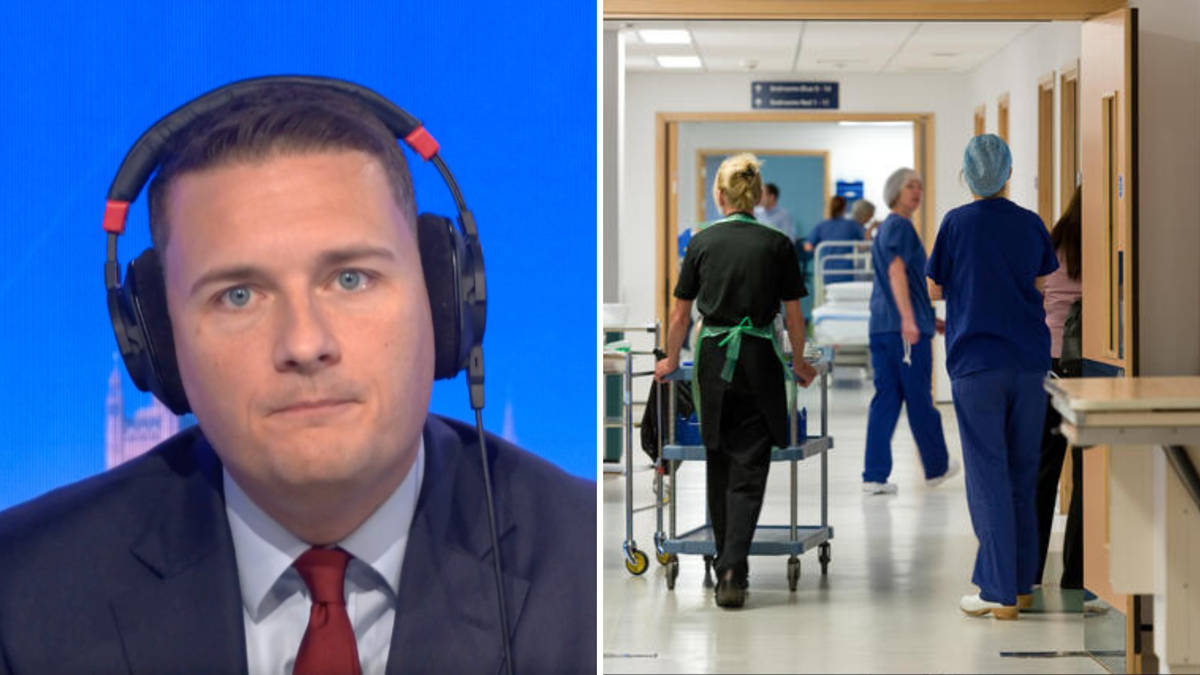
You’ll be amazed to hear that shadow health secretary Wes Streeting didn’t miss the opportunity to wang out his Alan Milburn tribute act schtick to LBC News: this time, with a hint of detail about “shifting the balance out of the hospital and into the community, better primary care, community services, that would actually get better outcomes for patients and better value for taxpayers’ money.”
That’s necessary, albeit woefully far from sufficient. The money has to shift alongside the care; there will have to be double-running to get it set up; from where is it coming? If Mr Streeting knows, he’s not telling.
As I’ve previously said, I get why he is bending over backwards to appeal to the right-wing press. He is also often telling the truth: the NHS is in an appalling state of crisis.
But Mr Streeting is not only a commentator and communicator: he is going to be a policymaker. And on the communicator front, he is going to need to realise that he has not yet found a good balance of attacking the state of the NHS, while not seeming to attack the poor bloody infantry still working there.
He can and must do considerably better on this.
"I criticise some of the challenges in the NHS... to show staff we've noticed what they're telling me"
— BBC Politics (@BBCPolitics) December 17, 2023
Shadow Health Secretary Wes Streeting addresses his previous comments that the NHS uses winter as an "excuse to ask for more money"#BBCLauraK https://t.co/pFguCAn2zv pic.twitter.com/h2noDjgOTE
This issue was picked up on the BBC Laura Kuenssberg Show, on which he promised to come back in the New Year with his ”ten-year plan for social care”.
Mmmmmmmmmm.
Trust issues
It being that time of year wherein we celebrate the birth of the Baby Santa, thereof it’s also time for the annual publication of the Ipsos Veracity Index, which has been running since 1983 (charts here). It is a strong metric of which professional groups the Great British Public trust.
In general, the pattern is that doctors and nurses come pretty near the top, and politicians and journalists (ahem) pretty near the bottom.
So, given that 2023 has seen significant chunks of industrial action by nurses and doctors, how has this affected the data?
For nurses, the answer seems to be ‘hardly at all’. They came out top: 88% of those surveyed said they generally expected nurses to tell the truth (a 1% fall on 2022 data). Doctors have not slipped even slightly since the 2022 data, being still on 85%.
Journalists? 21%.
Oh, and politicians?
“Just nine per cent of the British public say they trust politicians to tell the truth, down from twelve per cent in 2022. This makes them the least trusted profession in Britain. Although trust in politicians is usually low, this years’ score is the lowest for politicians since the first wave of the survey in 1983; aside from 2022 the previous low was a score of 13%, which occurred in 2009 following the expenses scandal.
“The picture is the same for Government Ministers, who are tied with politicians as the least trusted profession in Britain. Just one in ten Britons say they trust Ministers to tell the truth (10%), a six-percentage-point decrease from the 2022 score and a new lowest figure for this profession. Trust in Ministers was last at this level in 1993, when 11% trusted them to tell the truth.”
Mmmmmmmm.
BMA consultants’ vote opens
The Doctors Committee has evaluated the consultant offer - #VoteNO
— Dr Robert Laurenson (@RobLaurensonD4P) December 13, 2023
Voting opens on 14th
4 critical flaws
More power to anti-dr managers on pay
Training MAPs built into job plans
Critical flaw in DDRB reformation
Real terms pay cut for many consultants
The status quo is better. pic.twitter.com/I3x9Ew0k42
Thursday saw the opening of the voting for the consultants’ pay deal offer. Voting will close on 23 January. This is very hard to call: the winter crisis will be obvious in every workplace over this period. There are also two opportunities to earn the BMA rate card from covering for the striking junior doctors.
I think there is a reasonable chance of the deal being rejected, but the margin may not be huge.
PA/AA row deepens
Data from the British Medical Association's survey of members about the expansion of roles for physician associates/anaesthetia associates gave ITV News some fairly striking numbers.
Everybody’s new favourite noble Baroness (Mone of Medpro) is back in the news
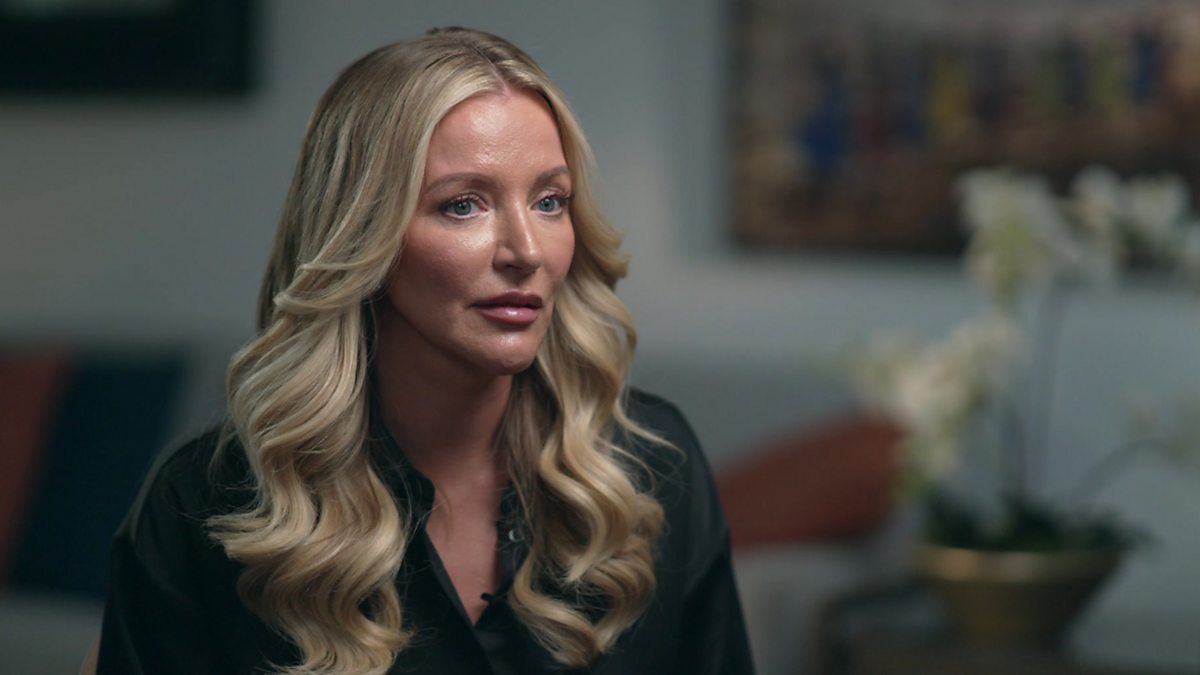
Tory peer and nominative determinism victim Baroness Mone was back in the media again this week, with her ‘non-apology’ tour this week hitting the BBC’s Laura Kuenssberg Show.
She told the nation, “I can’t see what we’ve done wrong”, adding that lying to the press about her involvement in a PPE contract “is not a crime”. There’s nothing like self-reflection, and this was nothing like self-reflection.
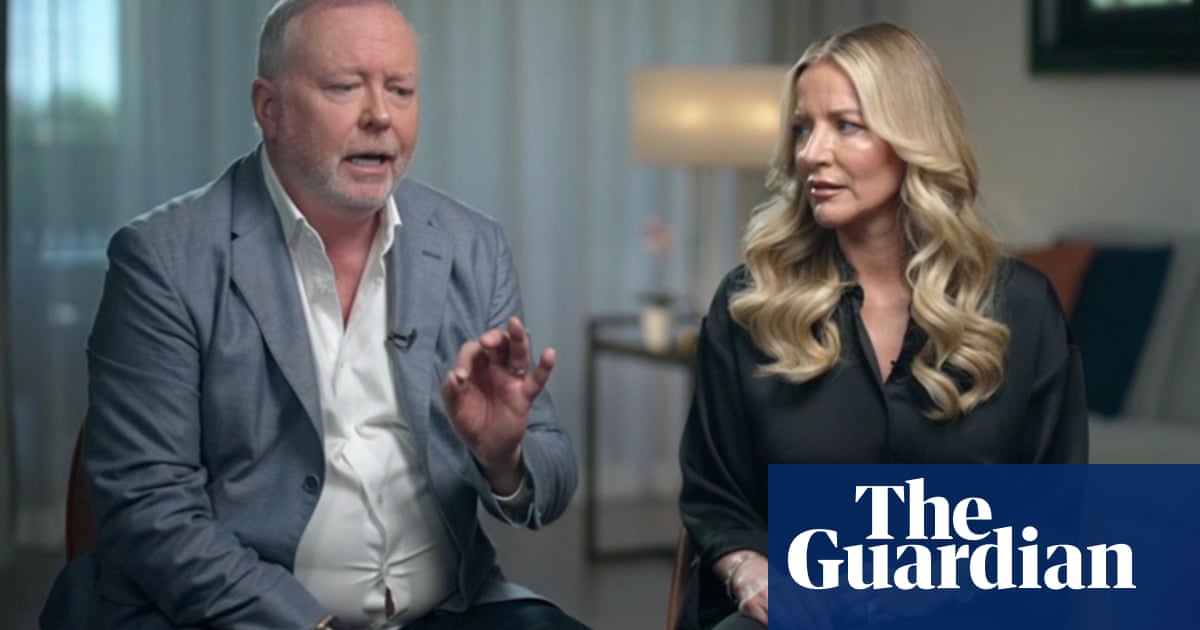
The Guardian’s article pulls out her mendacity effectively, as you’d expect: the paper’s David Conn was instrumental to the story getting traction.

The Sunday Times revealed that her funded ‘documentary’ which was covered in last week’s ‘Cut’ had not been clear with interviewees about the source of its funding.
Ooops. Still, as Baroness Mone herself posted, “don’t believe everything you read, or everything you think”.
— Lady Michelle Mone (@MichelleMone) November 24, 2022
Recommended and required reading
Deborah Cohen and Margaret McCartney, two of the best medical journalists, on NICE being explicitly leant on by NHS England and the Department For Health But Social Care to approve Inclisiran.
PM Rishi Sunak’s witness statement to the Covid19 Public Inquiry.
Former PM Boris Johnson’s witness statement to the Covid19 Public Inquiry.
HSJ Comment piece by Matthew Custance on why we need a new wave of PFI is genuinely interesting: it mixes several good points with several bad ones.
Patient Safety Watch / IGHI report on international patient safety, and how the UK compares: we rank 21st out of the 38 countries studied.
Health Foundation report on whether Primary Care Networks increased health inequalities.
HSJ’s Henry Anderson on the big rebound in agency staff spending.
Public Health England’s Yvonne Doyle on avoidable deaths.
— Dr Wardwörk (@St7Summary) December 13, 2023
